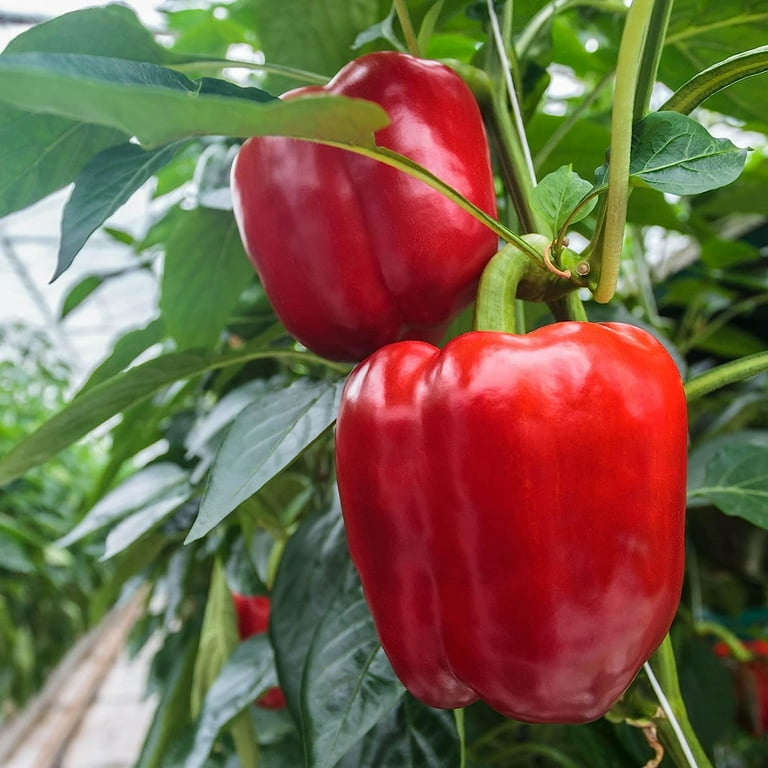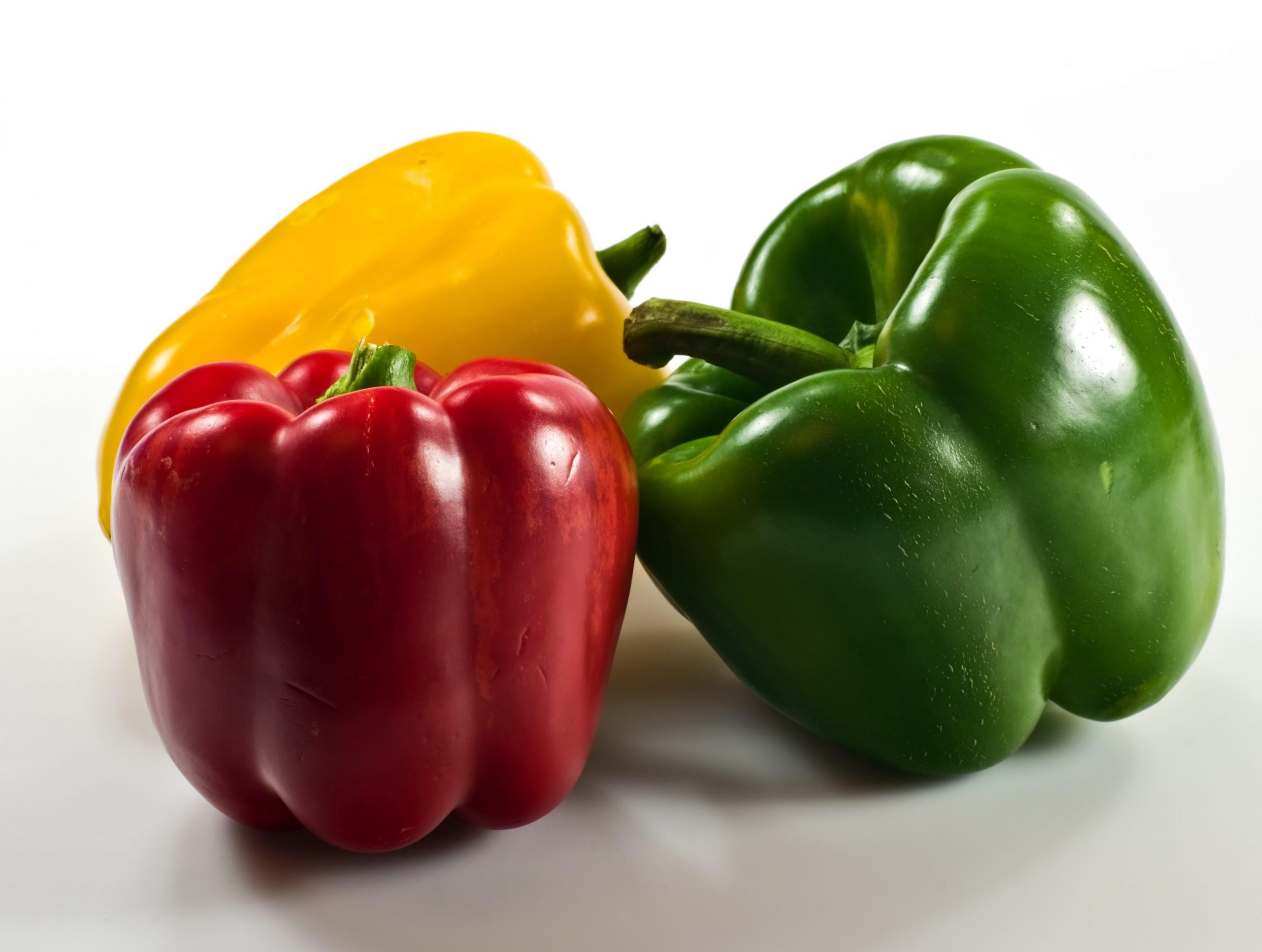Organic Vs. Synthetic Fertilizers: Which Is Best for Supporting Healthy Pepper Plants?
In the realm of supporting healthy and balanced pepper plants, the option between synthetic and natural fertilizers stands as a crucial decision with significant implications. While both choices objective to offer important nutrients to support plant development, the nuances of their effect on the dirt, plant health and wellness, and the setting spark a discussion that echoes throughout the horticulture neighborhood. Comprehending the distinct benefits and prospective pitfalls of each plant food type is crucial for pepper farmers seeking to enhance their yields while preserving a lasting and eco-conscious approach.
Advantages of Organic Fertilizers
Organic plant foods provide a lasting and environmentally-friendly approach to nourishing pepper plants, providing essential nutrients without the usage of synthetic chemicals. These all-natural fertilizers are stemmed from organic sources such as garden compost, manure, bone dish, and seaweed, advertising dirt wellness and biodiversity. Unlike synthetic plant foods, organic choices launch nutrients gradually, making sure a balanced and constant supply for pepper plants to prosper.
One substantial benefit of organic fertilizers is their capacity to enhance soil framework and water retention. By enhancing soil wellness, organic plant foods promote valuable microbial activity, which assists in nutrient uptake by pepper plants. Furthermore, natural fertilizers lower the risk of chemical run-off, protecting water resources from contamination and protecting the setting.
Moreover, natural fertilizers add to lasting dirt fertility by promoting the growth of beneficial soil organisms. These organisms help damage down raw material, launching nutrients in a kind that is easily obtainable to pepper plants. best fertilizers for peppers. By fostering a healthy and balanced soil ecological community, organic plant foods support lasting pepper growing methods that benefit both plants and the atmosphere
Drawbacks of Artificial Plant Foods
Synthetic fertilizers, in comparison to their natural equivalents, position different downsides when used to nurture pepper plants, influencing both plant health and wellness and environmental sustainability. One major downside of synthetic fertilizers is their propensity to leach nutrients from the soil promptly.
In addition, the overuse of synthetic plant foods can add to water air pollution. Excess fertilizers not taken in by plants can wash away into water bodies, causing eutrophication, where algae blooms diminish oxygen levels in the water, damaging water life. Furthermore, artificial fertilizers are typically acquired from non-renewable resources, such as nonrenewable fuel sources, adding to carbon discharges and environmental destruction during their manufacturing.
Nutrient Absorption Comparison
When contrasting natural and synthetic fertilizers in terms of nutrient absorption, organic fertilizers have the benefit of giving an extra balanced and slow-release resource of nutrients. Organic check my source plant foods include a selection of macro and micronutrients that are not only valuable for the plants but also advertise healthy and balanced soil microbial activity, which assists in nutrient uptake.
Additionally, natural fertilizers enhance dirt structure and water retention ability, enabling pepper plants to accessibility nutrients much more effectively. This better soil high quality facilitates root growth, allowing far better nutrient absorption. Synthetic plant foods, although initially increasing plant development because of their high nutrient focus, may impede long-lasting nutrient absorption by derogatory soil health with time.
Ecological Impact Considerations

On the other hand, synthetic plant foods, although commonly more concentrated and her comment is here right away offered to plants, can have harmful effects on the environment if not applied correctly (best fertilizers for peppers). Their manufacturing needs high energy inputs, resulting in greenhouse gas emissions and contributing to environment adjustment. The runoff of excess artificial plant foods can infect water sources, leading to eutrophication and damaging water ecosystems.
Best Plant Food Practices for Peppers
When fertilizing pepper plants, maximizing nutrient uptake and reducing environmental influence are key factors to consider. To attain this, it is vital to comply with ideal fertilizer methods customized to the certain needs of pepper plants. One vital technique is to execute a dirt test prior to using any fertilizers. This test can establish the pH level of the dirt and identify any nutrient shortages, leading you in picking the most appropriate fertilizer formulation.
One more crucial practice is to fertilize pepper plants at the best time. Normally, peppers take advantage of receiving plant food at growing and afterwards once more when they begin to blossom. Over-fertilizing can result in nutrition inequalities and harm the plants, so it is important to comply with recommended application prices.
In addition, selecting a well balanced fertilizer with an NPK proportion that fits pepper plants' requirements is essential. Ultimately, incorporating synthetic and natural plant foods sensibly can help nurture healthy and balanced pepper plants while lessening environmental impact.
Verdict

Organic fertilizers offer a sustainable and environmentally-friendly approach to beneficial pepper plants, giving crucial nutrients without the usage of artificial chemicals. Unlike artificial fertilizers, natural alternatives launch nutrients slowly, guaranteeing a balanced and stable supply for pepper plants to flourish.
Synthetic fertilizers, in contrast to their natural equivalents, posture different negative aspects when utilized to nurture pepper plants, influencing both plant wellness and ecological sustainability. When contrasting synthetic and organic fertilizers in terms of nutrient absorption, natural plant foods have the benefit of providing a more balanced and slow-release resource of nutrients.Moreover, organic fertilizers boost soil structure and water retention ability, permitting pepper plants to access nutrients a lot more successfully.
Comments on “Top-Rated Fertilizers for Peppers: Enhance Your Harvest High Quality”